News & Media
Unisa COMSA delves into the complexities of global media
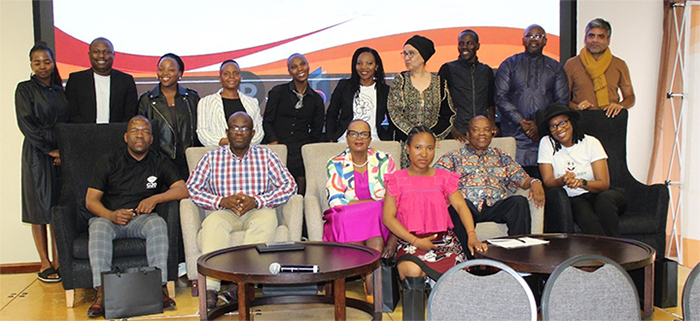
Unisa’s Communication Student Association (COMSA) with guest speakers during its Annual Media Conference
On 17 September 2025, Unisa’s Communication Student Association (COMSA) hosted its Annual Media Conference, under the theme "G20 and international communication: Shaping global narratives". The conference aimed at unpacking how communication drives global cooperation, shapes public opinion and amplifies Africa’s voice in international spaces. It also provided the opportunity to explore how international events like the G20 are important and interpreted differently in the global setting.
Delivering a welcome address, Prof Khatija Khan of Unisa’s Communication Science Department, said that when students organise with curiosity, commitment and creativity, institutions are born. Lauding the event as a renewal of purpose, she maintained that COMSA develops leaders, shapes careers, and amplifies civic and cultural voices across South Africa and beyond.
Khan indicated that as an academic in this sector, she remains committed to COMSA’s founding principle of bridging theory and practice for, by and with communication science students. "COMSA exists to unlock opportunities for students to contribute meaningfully to South Africa’s communication and media sector – building a credible and sustainable position for our country locally and abroad. The association continues to advance South Africa’s economic development trajectory," she said.
Delivering a message of support, Prof Rofhiwa Makhudwana, Unisa’s Chair of the Department of Communication Science, encouraged students to be active participants in both domestic and international politics. She highlighted that the G20 is more than a forum for economic and political dialogue; but it is also a platform where global narratives are shaped, public opinions are influenced and cross-cultural understanding is negotiated.
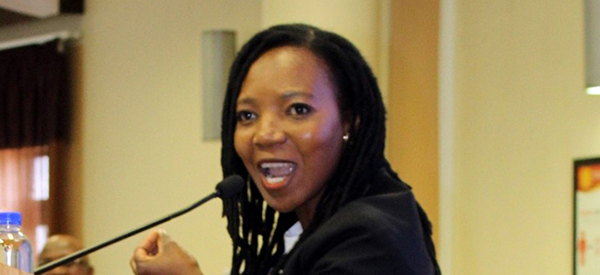
Prof Rofhiwa Makhudwana
Nelson Kgwete, Director of Media Laison in the Department of International Relations and Cooperation, gave a background of the G20 Summit and its importance in changing the worldview about South Africa. He further explained that some global media stereotype Africa by focusing on conflicts, election disputes, disease outbreaks, poverty and underdevelopment. According to him, the world also downplays Africa’s voice at the multilateral level.
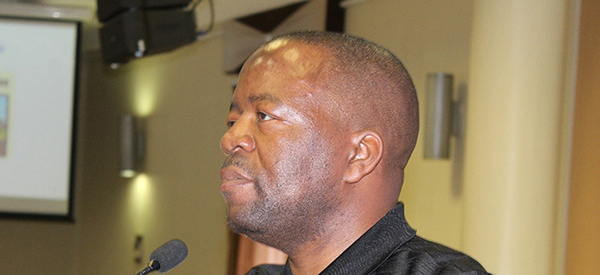
Nelson Kgwete, Director: Media Liaison in the Department of International Relations and Cooperation
Kgwete further elaborated that an African country forcing its voice on the international stage is regarded as a misfit. He pointed out threats to the media and communication industries from local and international perspectives, including how shareholders control the media narrative and the distribution of distorted stories about South Africa.
Prof Lesiba Teffo, a political analyst and former Unisa academic, emphasised the importance of ethical journalism by encouraging journalists to defend the truth regardless of who says it and how difficult it may be. He added that ethical journalism is the cornerstone of a trustworthy media landscape. He further cautioned journalists to guard against indebted journalism (receipt of questionable payment), as this compromises the independence and integrity of journalists, which can damage their credibility and media reputation.
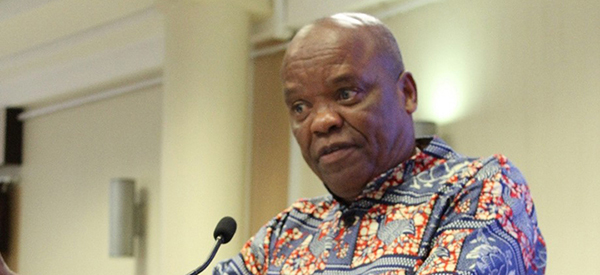
Prof Lesiba Teffo (retired), Unisa Political Science Lecturer
In his address, Dr Jose Mutangadura of the Tshwane University Technology, advised COMSA members to utilise soft power in shifting the parameters in global public relations and geopolitical communication, further mentioning that different types of art can be used to enhance storytelling. He stated that 10 years ago, information was power, but today, access to information is everywhere; therefore, encouraging the verification of any information to ensure credibility. Mutangadura also advised students to consider inter-cultural literacy with cross-cultural exchange to understand African stories and use them to influence global narratives.
In shaping global narratives and becoming authentic journalists, Sophy Mokoena, a seasoned journalist, advised COMSA members to have good listening skills, and to be interested in the news around them. Mokoena further urged the attendees to familiarise themselves with international news, international laws and to understand South African foreign policy anchored around human rights.
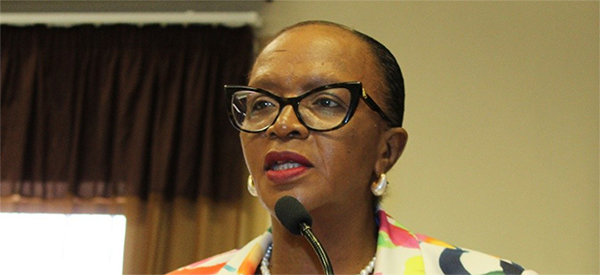
Sophie Mokeana, Former International News Editor at the SABC
Kennedy Mudzuli, editor of Conviction, an online legal publication, focused on how social media platforms such as X, TikTok, Facebook and Instagram, influence international affairs. "Social media have become powerful forces shaping what the world talks about, how quickly it reacts, and how people, governments and media engage with each other," he said. "Social media have minimised the time between an event happening and the world knowing about it."
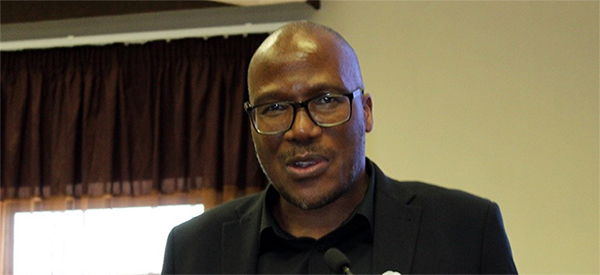
Kennedy Mudzuli, founder and editor of Conviction online legal publication
Mudzuli added that eyewitnesses now break global stories instantly. "We witnessed the same during the KwaZulu-Natal floods; social media did not just report the news, it helped shape the emergency response," he recalled. Concluding, Mudzuli remarked that social media set the tone for how the world interprets major issues, and that these platforms can drive legislative attention.
* By William Thubakgale and Tshidiso Madiseng, Unisa Communications, Department of Institutional Advancement
Publish date: 2025-09-23 00:00:00.0


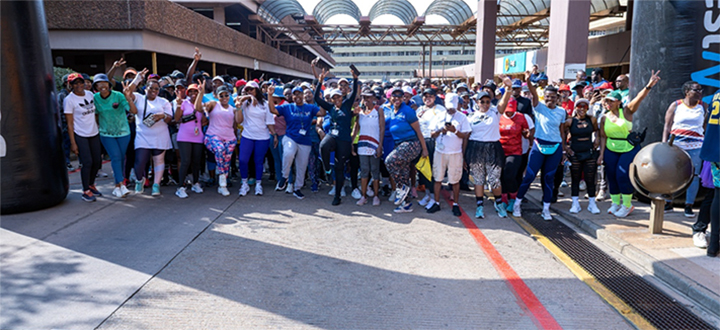 Unisa fosters a healthy working environment
Unisa fosters a healthy working environment
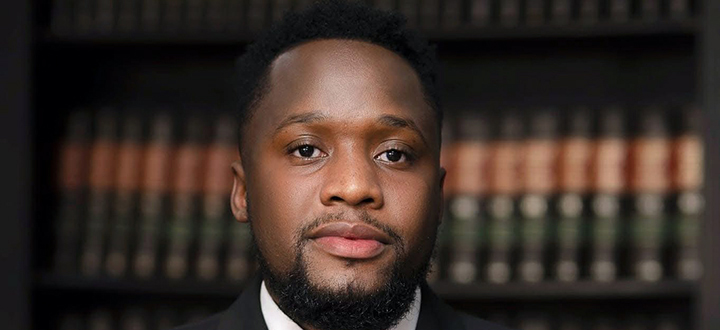 Unisa academic appointed to the Film and Publication Board
Unisa academic appointed to the Film and Publication Board
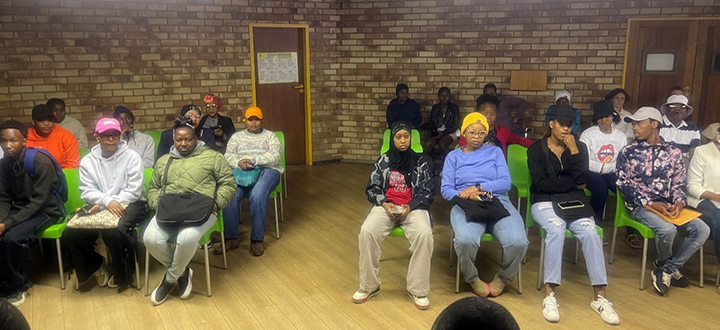 Midlands Region embarks on the 2026 mobile applications drive
Midlands Region embarks on the 2026 mobile applications drive
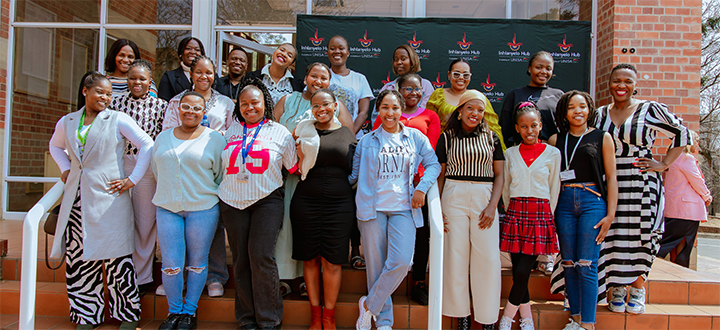 Inhlanyelo Hub launches first cohort of Bosadi Artisan Creative Media Business Start-up Programme
Inhlanyelo Hub launches first cohort of Bosadi Artisan Creative Media Business Start-up Programme
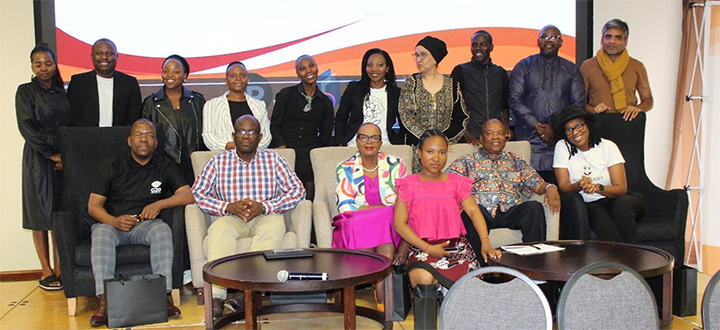 Unisa COMSA delves into the complexities of global media
Unisa COMSA delves into the complexities of global media